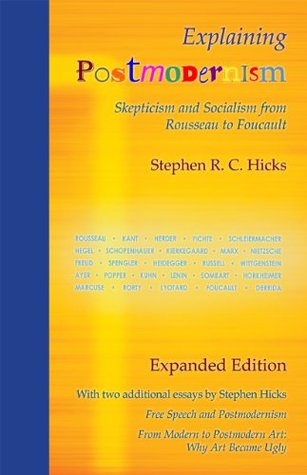What both of these arguments have in common is a recognition of the uncontroversial fact that our sense organs have an identity, that they work in specific ways, and that the form in which we experience reality is a function of our sense organs’ identities. And they have in common the crucial and controversial premise that our sense organs’ having an identity means that they become obstacles to direct consciousness of reality. This latter premise was critical for Kant’s analysis.
Welcome back. Just a moment while we sign you in to your Goodreads account.


